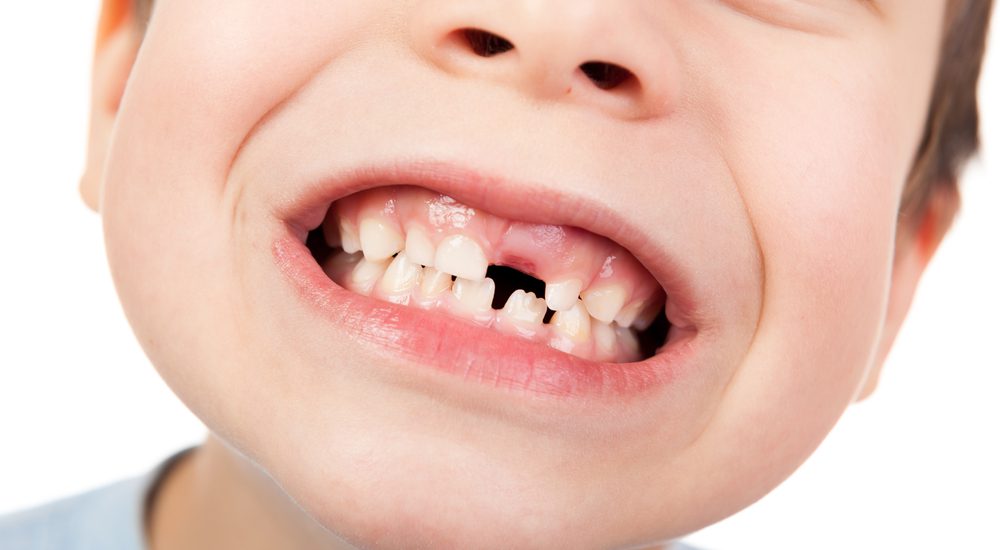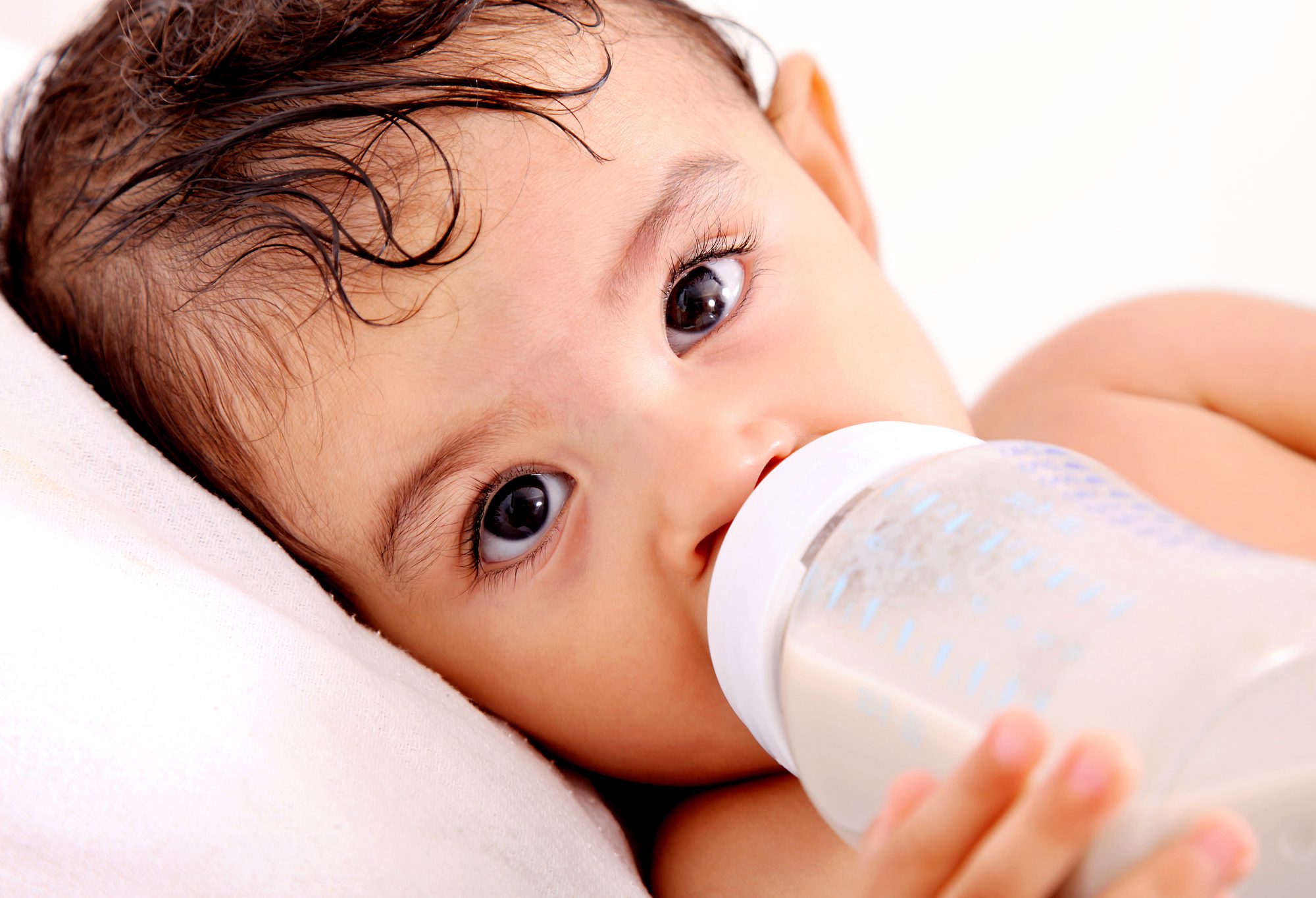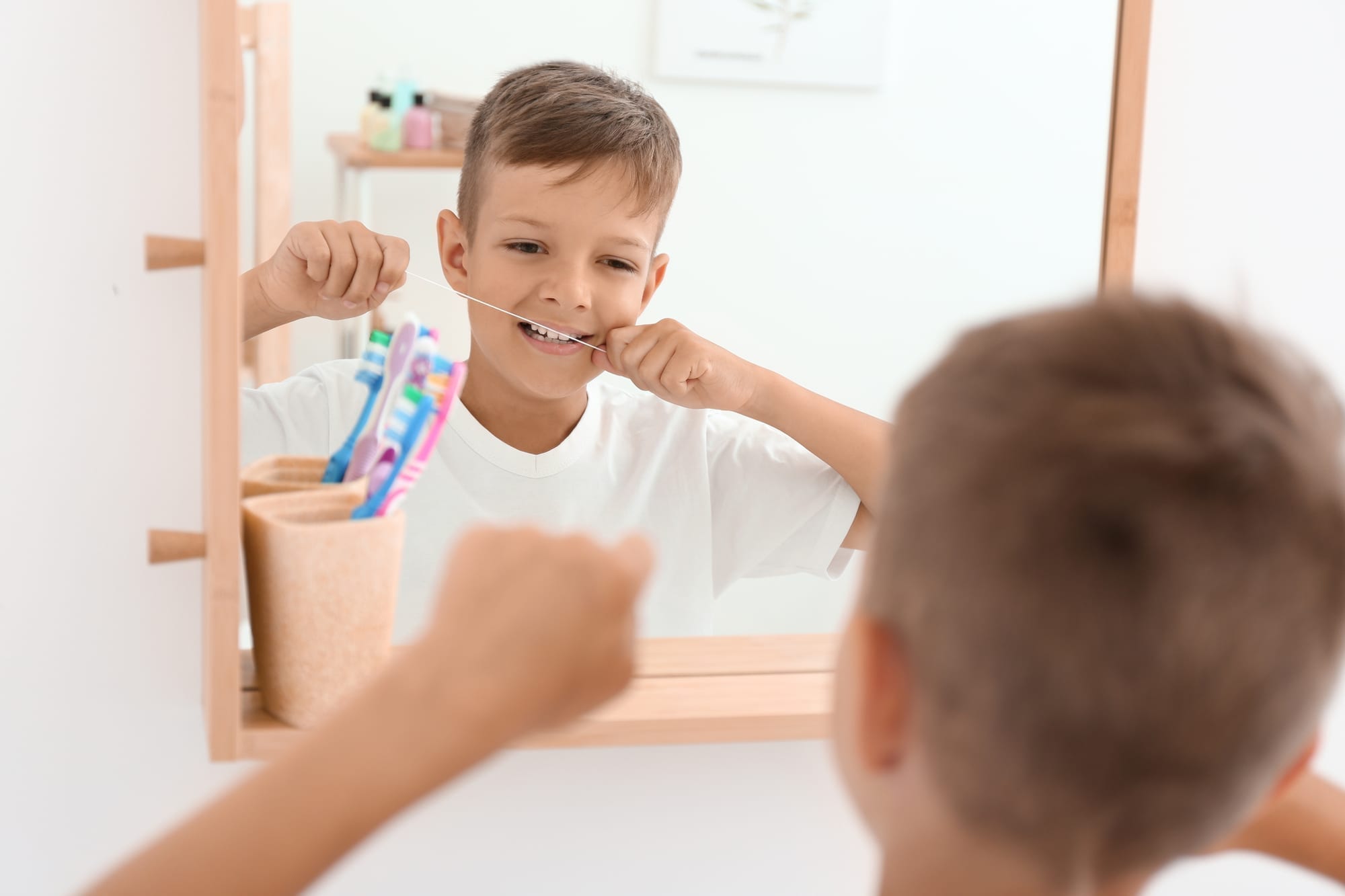June is Oral Health Month. This is a time dedicated to promoting good dental care and raising awareness of the importance of oral hygiene. With school out for the summer, now is a great time to reinforce healthy habits and learn some unexpected tips and techniques for a healthier smile.
At Smiles Dentistry for Kids in Overland Park, KS, we love the enthusiasm and curiosity of children. We are always happy to teach our youngest patients about dental science. And, of course, Dr. Matt also educates parents, informing them about the best ways to safeguard their kids’ teeth.
For more dental care tips or to schedule an appointment, contact us today.
1. Have your kids brush before breakfast.
You know that it’s important for your kids to brush their teeth twice a day, but does it really matter when they brush? As a matter of fact, it does! Though it may seem counterintuitive, it turns out that your kids should actually brush before they eat breakfast, not afterwards.
Oral bacteria accumulate significantly during the night. That’s why even your cherubic youngster can wake up with morning breath! Brushing first thing helps to get rid of those microbes. It also stimulates saliva production, which, in turn, further helps to remove bacteria and bits of food.
2. Floss before brushing.
While experts haven’t weighed in on what time of day to floss, many health professionals have declared that it’s better to floss before you brush your teeth. Think about what happens when you floss – you loosen bits of food, along with microscopic bacteria and molecules of plaque. Unless you brush afterwards, those particles are likely to stay in your mouth.
3. Protect your child’s smile during practices and games.
As many as 61% of all athletes – including children – have experienced dental trauma. Fortunately, most injuries can be prevented with simple mouthguards. You can purchase mouthguards at drugstores and sporting goods stores. However, their generic size will make them uncomfortable and less effective. They could even impair breathing and athletic performance. A custom-made mouthguard from your pediatric dentist will fit more securely and better prevent injury.
4. Start brushing before your child has teeth.
“Brushing” is an early milestone, although you won’t actually be using a toothbrush. From the time your child is a newborn, wipe her gums with a soft cloth a minimum of once a day. This will help to prevent a buildup of oral bacteria, which could lead to tooth decay later down the road.
5. Schedule your child’s first dental visit by their first birthday.
Many parents are surprised to learn how early their child’s first dental visit should take place. In fact, a baby should visit the dentist once he gets his first tooth. If he has not begun teething by his first birthday, you should still schedule an appointment to evaluate dental development.
Schedule an Appointment Today
Celebrate Oral Health Month by booking an exam for your child!
Contact Smiles Dentistry for Kids online or call us at (913) 685-9990.









